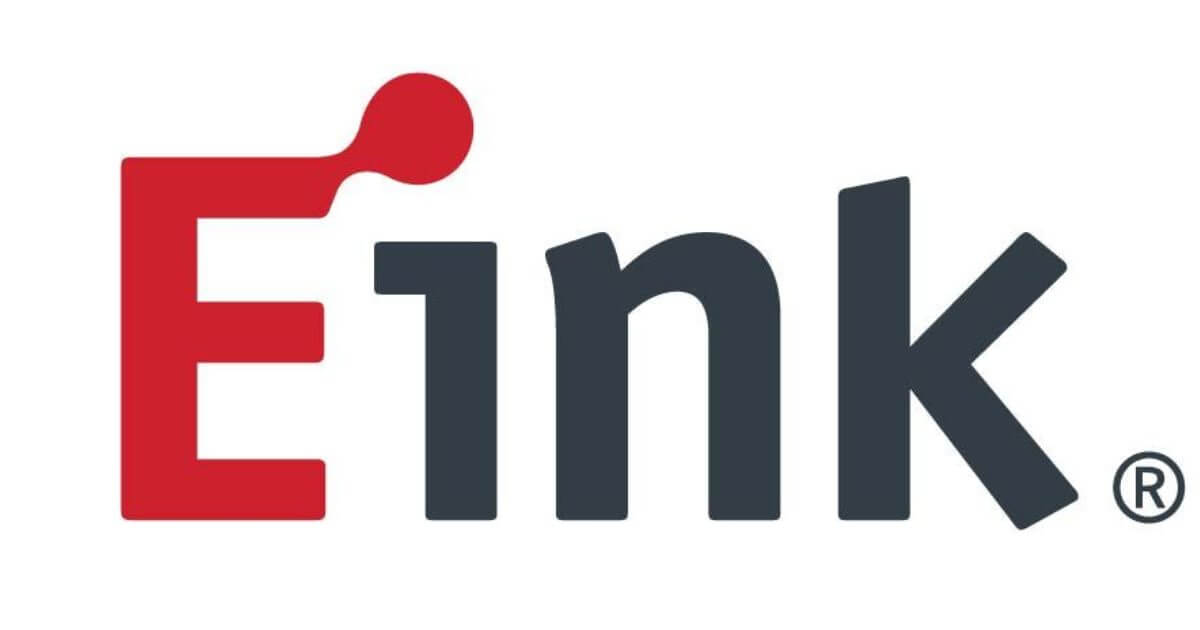
Book publishers and The Internet Archive recently faced off in court, and the first round landed in favor of book publishers. Judge John G. Koeltl ruled that libraries must continue to adhere to the digital licenses that publishers offer. As reported by Vice.com, Judge Koeltl stated, “Internet Archive had done nothing more than create ‘derivative works’, and so (it) would have needed authorization from the books’ copyright holders -the publishers- before lending them out through its National Emergency Library program.”
The Internet Archive is a non-profit library which offers millions of free books, movies, software, and music to the public. In a case that is reminiscent of early 2000’s Napster vs. Metallica, in which the heavy metal band took the free music sharing website to court over copyright infringement and racketeering, Hachette vs. Internet Archive is a lawsuit put forth by four book publishers against the free digital library.
Due to copyright laws, it’s illegal to share materials you didn’t purchase, and many libraries pay subscriptions to publishers for access to electronic materials such as eBooks and audio books. As previously reported, there is contention about this practice for many libraries, as some publishers have increased the price of ebooks by 500%.The Internet Archive figured out a work around.
Through buying physical copies of the materials, they are able to scan them into digital formats which can then be lent out to the public. The physical copies are retained under lock and key. As long as they don’t lend out more digital copies than the physical copies, which they purchased, they are technically within the law. This practice is called controlled digital lending, or book digitization.
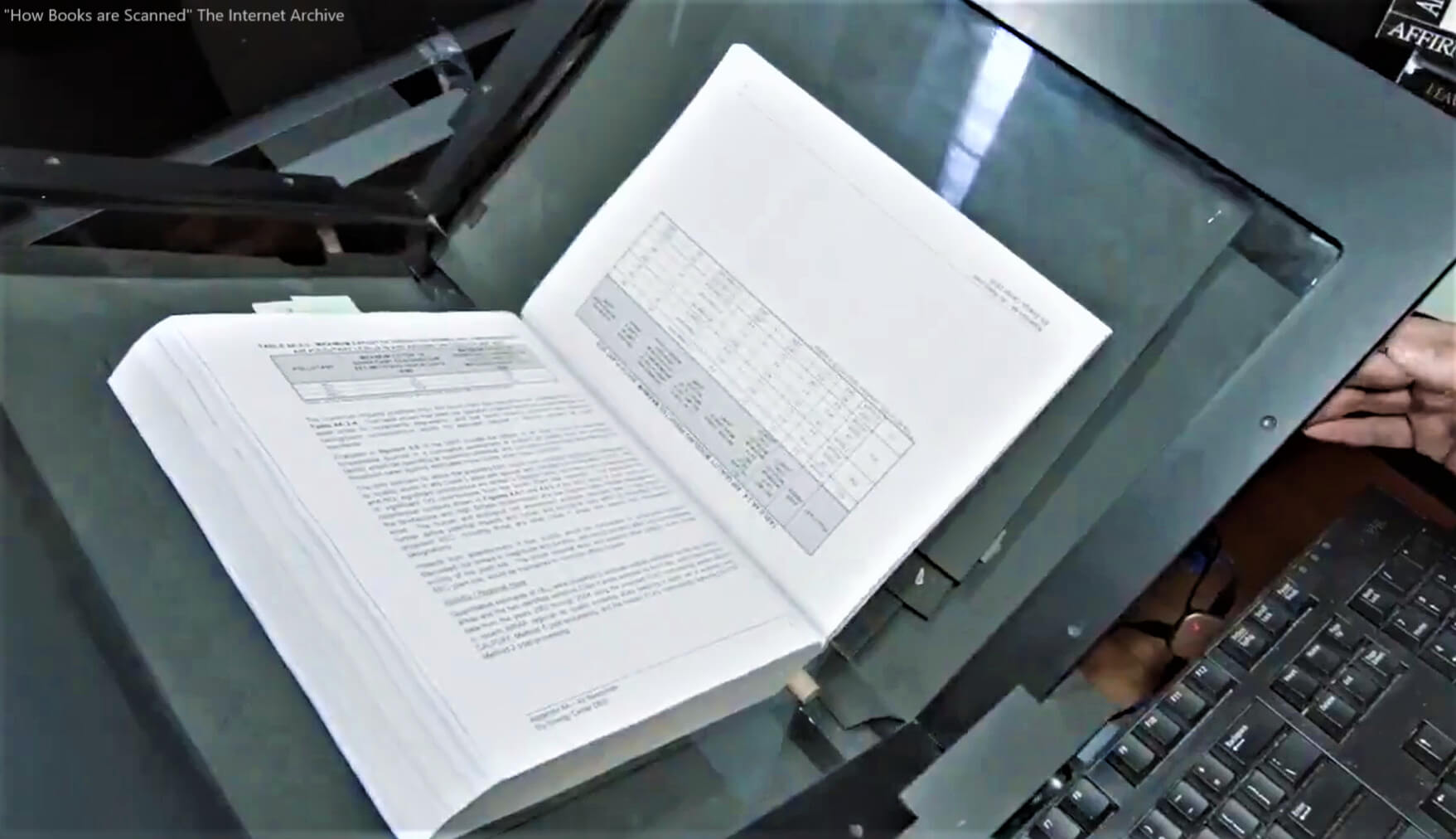
However, during the pandemic the amount of materials lent out superseded the amount of physical materials in the archive. As reported by Vice.com, “Three years ago, the Internet Archive lifted one-to-one lending limits for 3.6 millions books to help countless teachers and students access materials that no one expected would suddenly become unavailable because of widespread COVID-19 lockdowns.” This choice on behalf of The Internet Archive triggered four of the largest book publishers in the world to take notice and sue for copyright infringement.
As reported by Vice.com, “To determine whether a certain application of controlled digital lending is fair use, a judge has four factors to go off: the purpose and character of the use, including whether the use is commercial or educational; the nature of the copyrighted work; the amount and substantiality of the portion taken; and the effect of the use upon the potential market. In Hachette vs. the Internet Archive, Koeltl ruled that the publishers had a stronger claim to all four factors.”
The impact of this case is far reaching, setting a new legal precedent in the U.S. which will affect how courts handle copyright infringement exceptions, and how libraries can lend digital books. In addition, this verdict could also change the overall perception and practice of controlled digital lending. Until now, the legal framework for copyright laws had allowed book borrowers access to over 70,000 daily loans through the Internet Archive.
It should come as no surprise that this verdict is causing a lot of chatter in the publishing industry, with big players and invested parties coming forward to express their support for both sides of the argument.
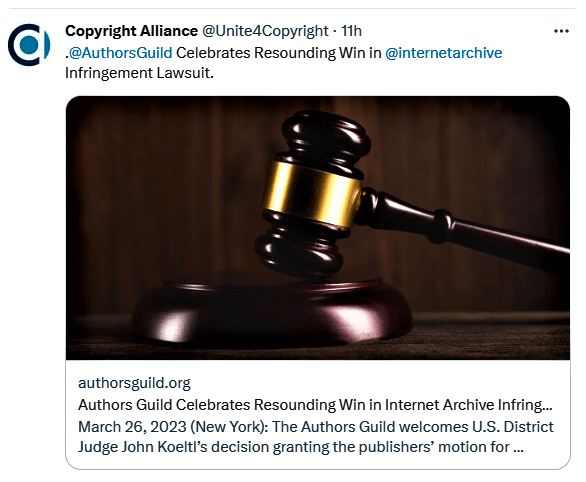
In a statement from Maria A.Pallante, President and CEO of the Association of American Publishers, Pallante shared, “The publishing community is grateful to the Court for its unequivocal affirmation of the Copyright Act and respect for established precedent. In rejecting convoluted arguments from the defendant, the Court has underscored the importance of authors, publishers, and lawful markets in a global society and global economy. Copying and distributing what is not yours is not innovative– or even difficult–but it is wrong.”
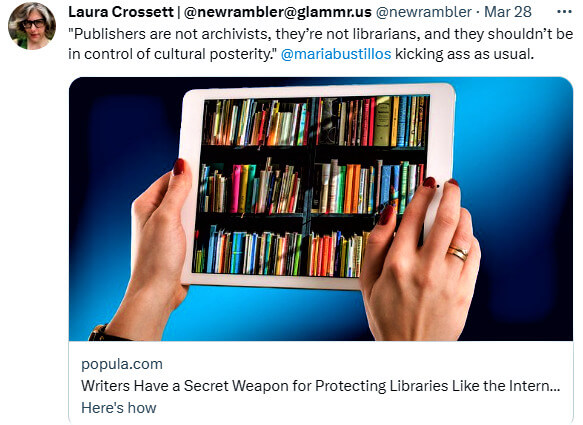
Within hours of the verdict being handed down, The Internet Archive responded that they will appeal the judge’s decision.
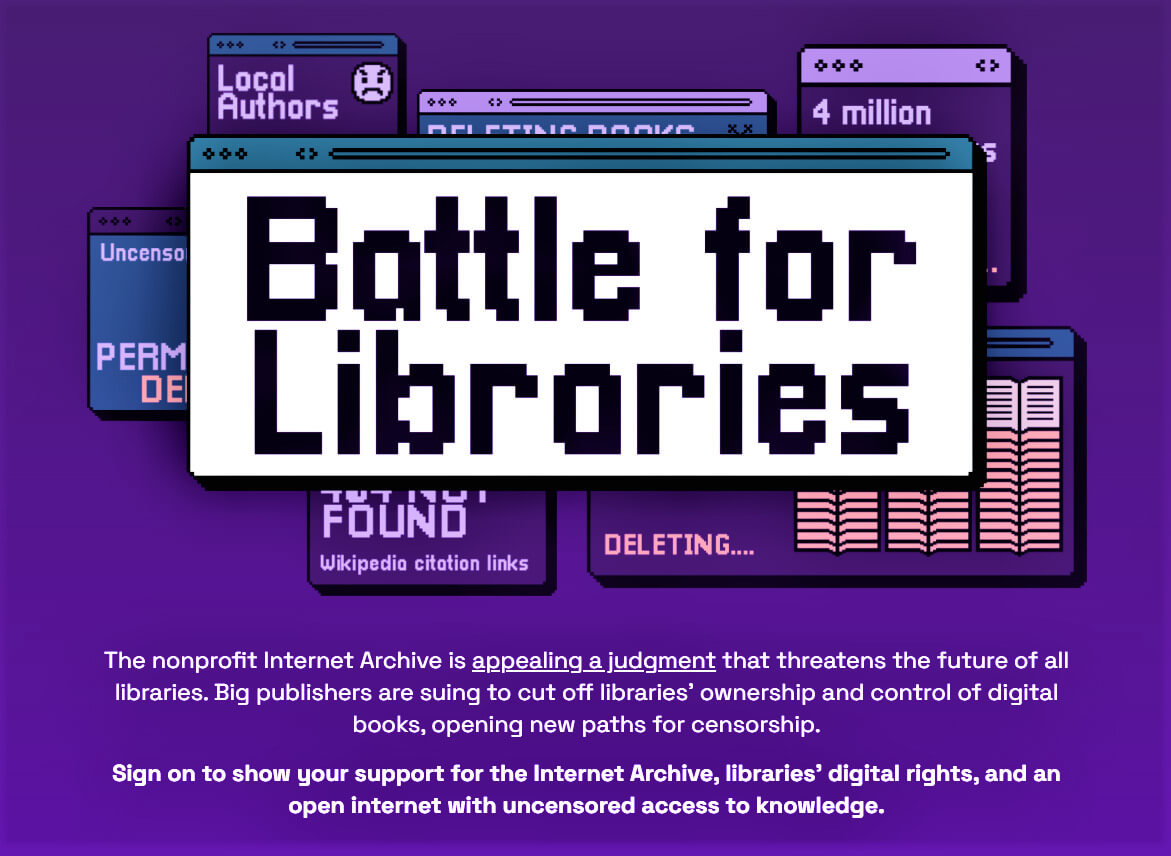
Although this case hinged on technical details of copyright law, the source of the conflict is much less vague. As shared by The Atlantic, “It’s a story about the halting, uneasy transition of books from paper to digital formats, and the anxiety of publishers and frustration of librarians about that change”.
This notion of open access sharing is not unique to The Internet Archive. There are many examples of similar initiatives from the private and public sectors where information is shared through open-access. The Bomb Magazine out of New York City, a publication dedicated to artists of all disciplines, created a free archive which allows public access to their previous editions. In a recent conversation with Editor in Chief Betsy Sussler, she shared, “Knowledge has to be free- if not, how can we live in a democratic society?”
Despite ruling against The Internet Archive, Judge Koeltl offered a concession, “Does a library have the right to lend a book that it owns? Of course.” However, the debate at the heart of this case, according to Koeltl as reported by Publishers Weekly, is “whether a library has the right to make a digital copy of a book that it owns and then lend that digital copy, which it has made without a license and without permission”.
This polarizing court decision comes at a volatile time for this sector. Many libraries are already dealing with battles on multiple fronts, including a rapid increase in book censorship, reduced public funding, and logistic complications due to increased digital catalogues. It’s interesting to note that both camps seem to hold some of the same core values; seeking fairness for authors, wanting open access for readers, and seeking clarity in the copyright laws. It has become apparent through this case that copyright laws are not truly representative of current publishing frontiers and require modernizing.
An avid book reader and proud library card holder, Angela is new to the world of e-Readers. She has a background in education, emergency response, fitness, loves to be in nature, traveling and exploring. With an honours science degree in anthropology, Angela also studied writing after graduation. She has contributed work to The London Free Press, The Gazette, The Londoner, Best Version Media, Lifeliner, and Citymedia.ca.
